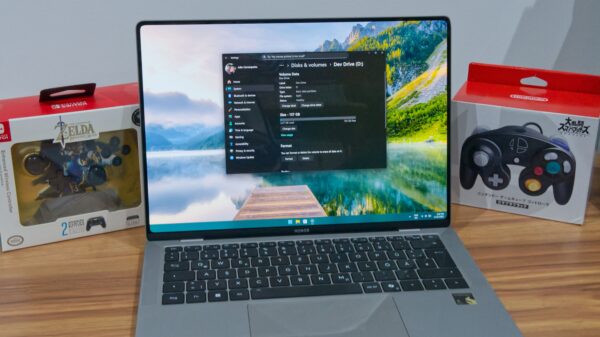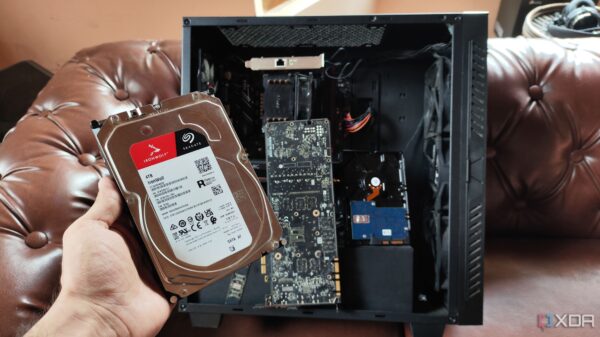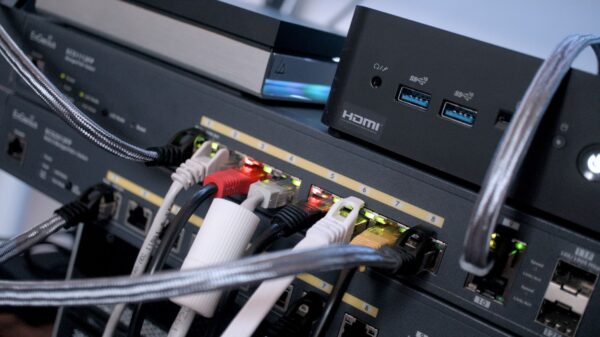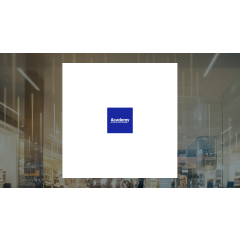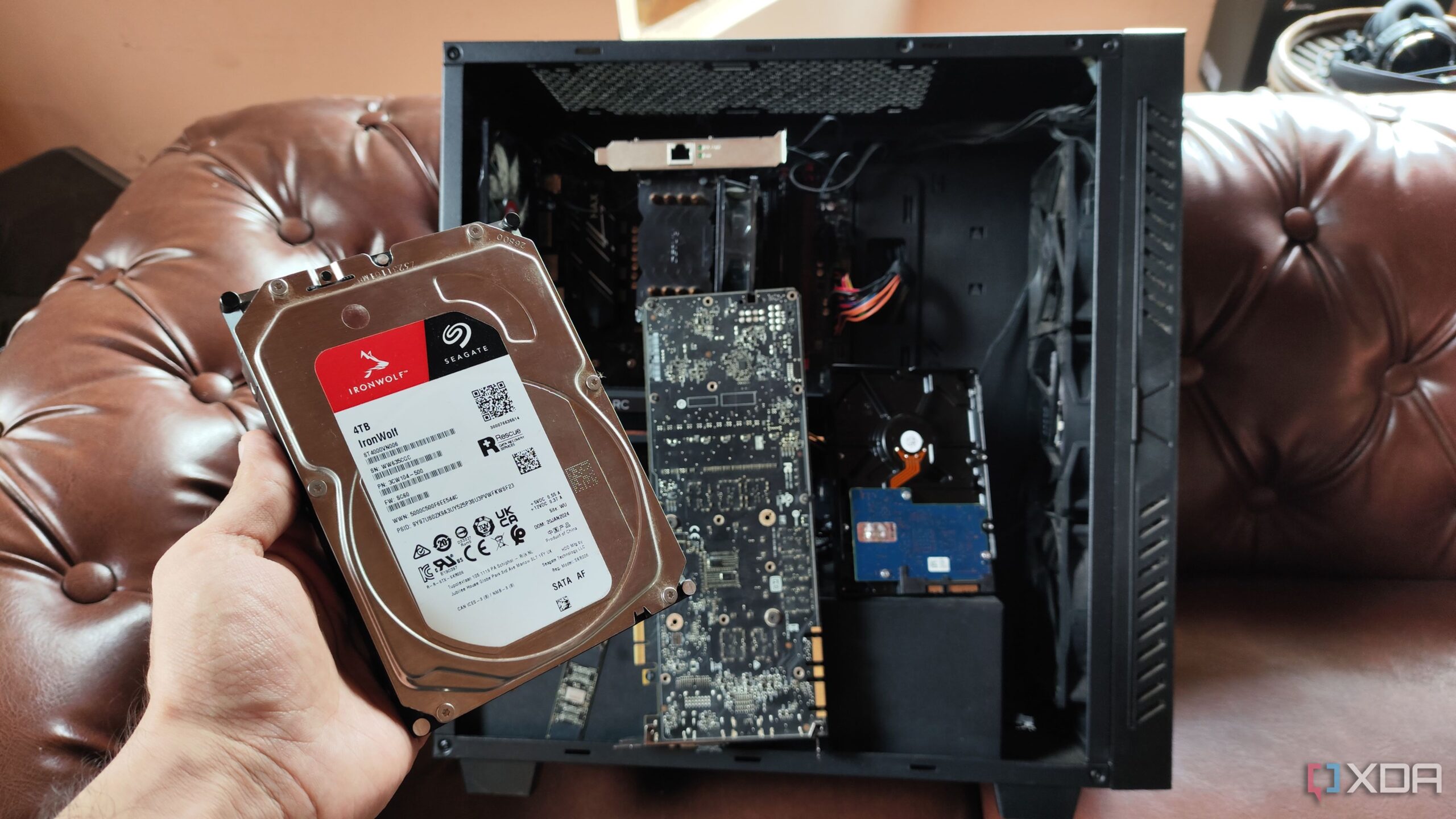UPDATE: A tech enthusiast has successfully transitioned from a Synology NAS to a custom-built DIY NAS, achieving a remarkable 20% cost savings while enhancing performance and flexibility. This breakthrough comes amid growing frustrations over Synology’s restrictive drive compatibility policies, which many users have found limiting.
The user, who opted for a compact PC chassis with NVMe slots, reports that the process was far simpler than anticipated. “Building a DIY NAS often sounds like a week-long project,” they noted, “but I faced almost no issues setting it up.” The installation of TrueNAS Scale was described as straightforward, with a modern interface that allowed for easy app management.
In a significant shift, the user decided to venture into the world of custom NAS solutions after discovering that their older drives were incompatible with newer Synology models. This decision was solidified after Synology reversed its previous restrictions on drive compatibility, but by then, the user had already committed to the DIY path.
The increasing strictness of Synology’s compatibility list has pushed many users to seek alternatives. “Once you escape the Synology bubble, you get to see a whole world of alternatives,” the user explained. This shift is significant as more consumers explore pre-built NAS options and custom setups, leading to a surge in interest in platforms like Unraid and TrueNAS.
The user was particularly pleased with the performance of their new setup, which is capable of handling Plex transcoding and multiple processes simultaneously. They emphasized the advantages of having fewer hardware restrictions compared to Synology’s ecosystem, stating, “Unlike Synology, I didn’t have to check a compatibility list.”
While Synology remains a strong contender in the NAS market, especially for first-time users, the DIY route offers benefits that are hard to ignore. The user expressed hope that their custom NAS will be as reliable as their previous Synology device, stating, “I don’t wish for it to break every few days, requiring me to spend each weekend tinkering with it.”
This development is critical for anyone considering a NAS purchase, especially as users increasingly seek systems that provide both cost efficiency and the freedom to choose their own hardware. With the landscape of home storage solutions evolving rapidly, this DIY success story may inspire many to explore custom NAS builds for their own needs.
As more users share their experiences, the momentum for DIY NAS solutions is likely to grow, challenging established brands like Synology to adapt to the changing demands of consumers.



